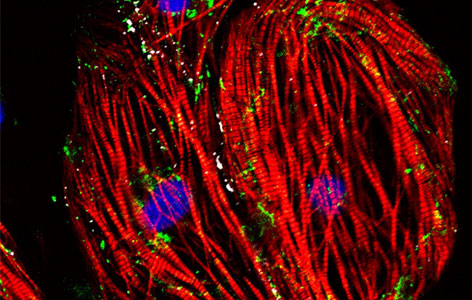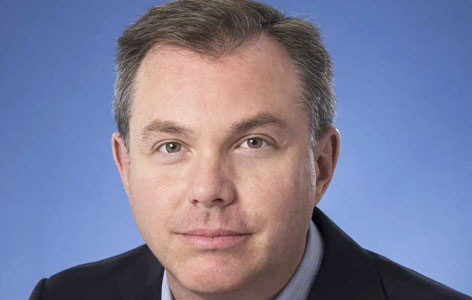
By: Candice Tang, ORT Times Writer
Just over a decade ago, Shinya Yamanka discovered how to turn fully differentiated somatic cells into embryonic stem-like cells, which can be guided to become any other cell type in the body. Induced pluripotent stem cells (iPSCs) have the potential to cure chronic diseases such as diabetes and heart failure. Today, some of the top scientists in the field are here at UHN, evaluating such cell-based therapies in preclinical models of disease. At this rate of innovation, researchers need to start thinking about clinical testing, commercialization and market penetration.
Last December, UHN announced its sixth research institute, the McEwen Stem Cell Institute, dedicated to understanding the biology of stem cells and bringing cell therapies to the clinic. The Institute’s work focuses on four disease areas: liver disease, blood cancer, diabetes and cardiac disease.
Formerly known as the McEwen Center for Regenerative Medicine, the new Institute opens up more opportunities to collaborate with industry partners and penetrate into new areas of research. Critical to the Institute’s operations is funding from BlueRock Therapeutics, a venture spun out of UHN in 2015 by McEwen Stem Cell Institute Director, Dr. Gordon Keller, and cardiac pathology expert, Dr. Michael Laflamme.
“If we want to move anything to the clinic in a meaningful way it has to be done in partnership with industry,” says Dr. Laflamme. “What distinguishes us is a focus on translational research as opposed to answering important, yet basic, questions.”
Regenerative medicine and stem cell research have a rich history in Toronto, beginning with the discovery of hematopoietic stem cells by James Till and Ernest McCulloch at the Ontario Cancer Institute. With access to in-house clinical experts at UHN hospitals and industry experts at BlueRock, the McEwen Stem Cell Institute is uniquely positioned to impact patient care.
"The launch of the McEwen Stem Cell Institute builds on our legacy of innovation in stem cell and regenerative medicine research," says Dr. Bradly Wouters, Executive Vice President of Science and Research at UHN. "The Institute will help to usher in an entirely new form of cell-based therapies to tackle some of the most important human diseases.”
Currently, there are four investigators at the Institute, including Drs. Keller and Laflamme. As the Institute grows, Dr. Laflamme predicts there will be unique trainee opportunities opening up in the next two to three years. While it could be decades before cell therapies are routinely used in the clinic, the focus now is to continue research and development efforts and train the next generation of scientists.

Dr. Michael Laflamme, Senior Scientist, McEwen Stem Cell Institute.




